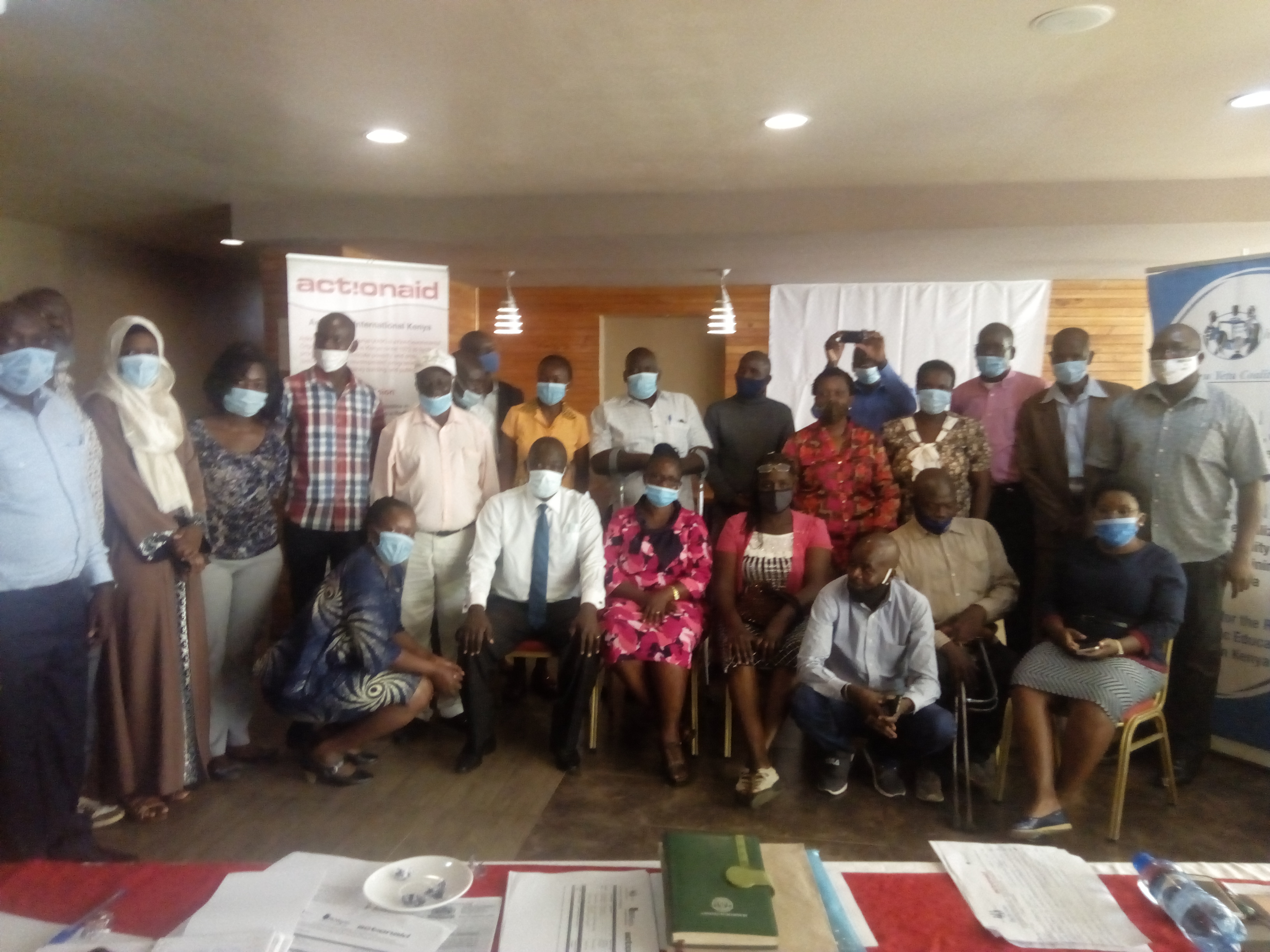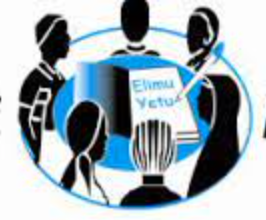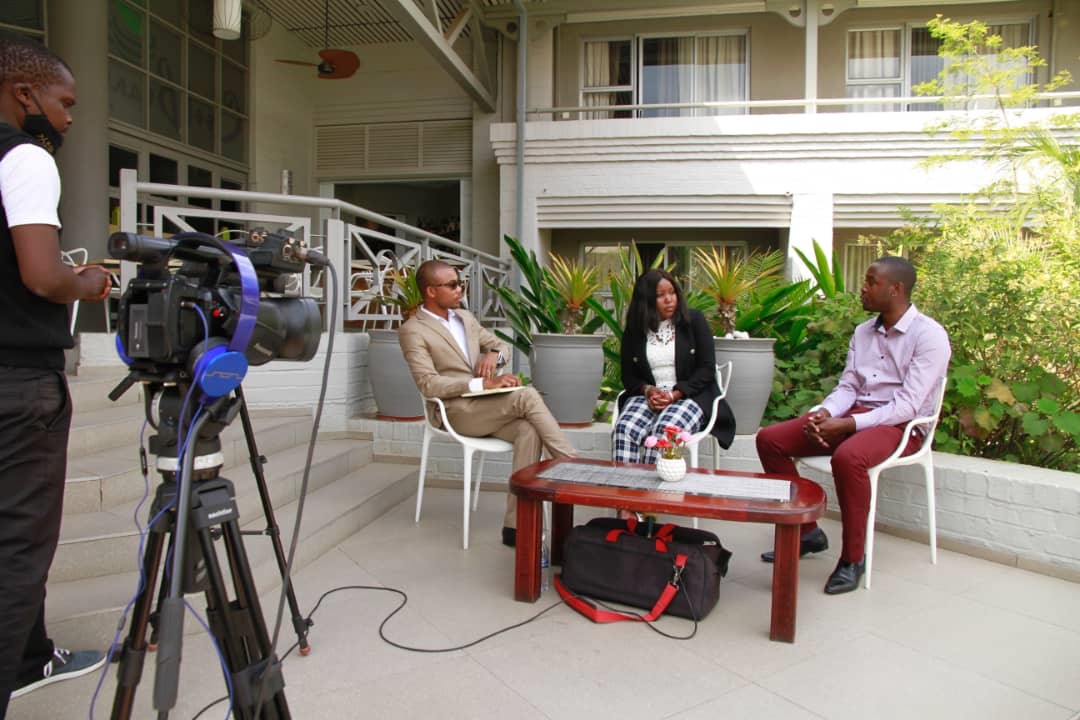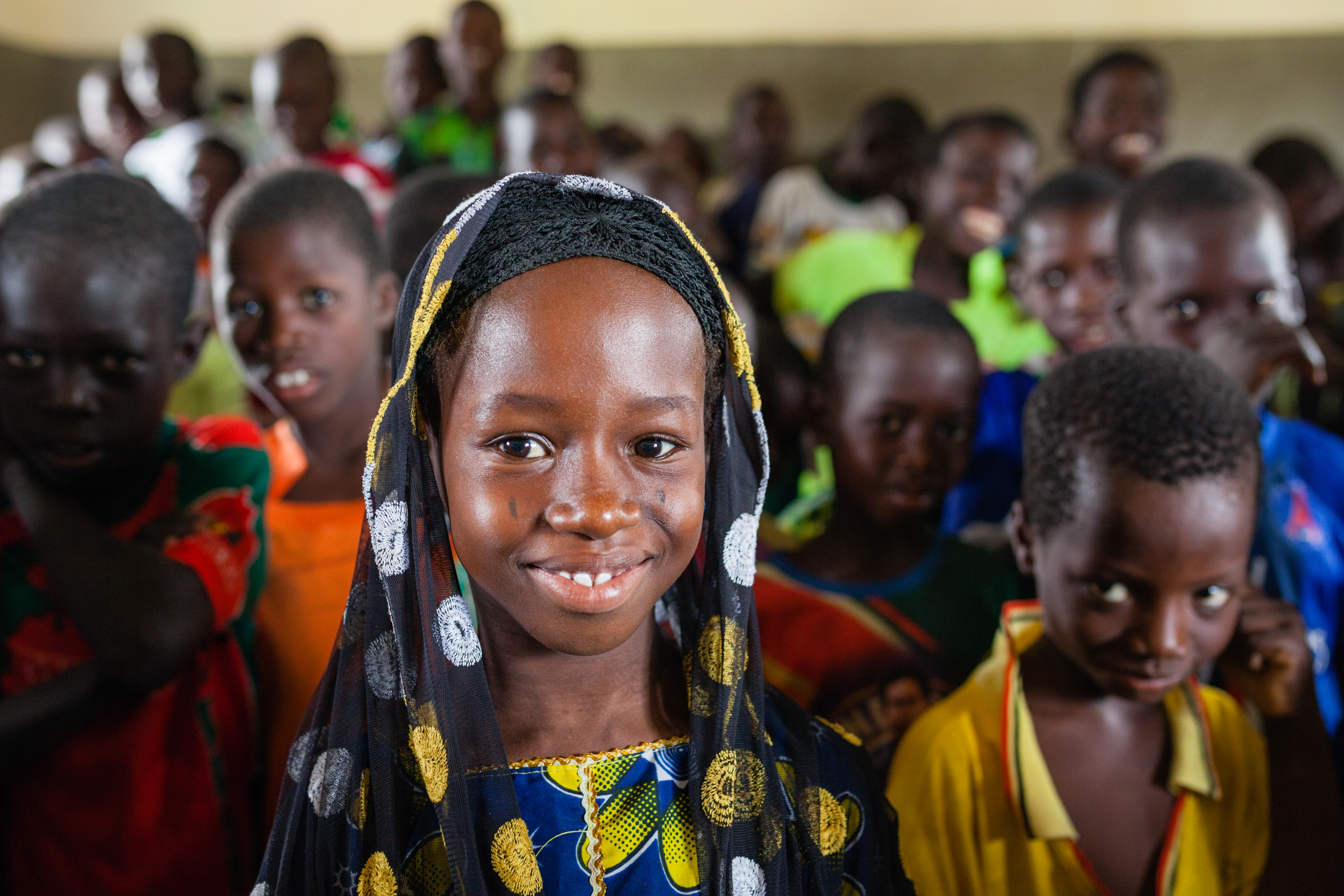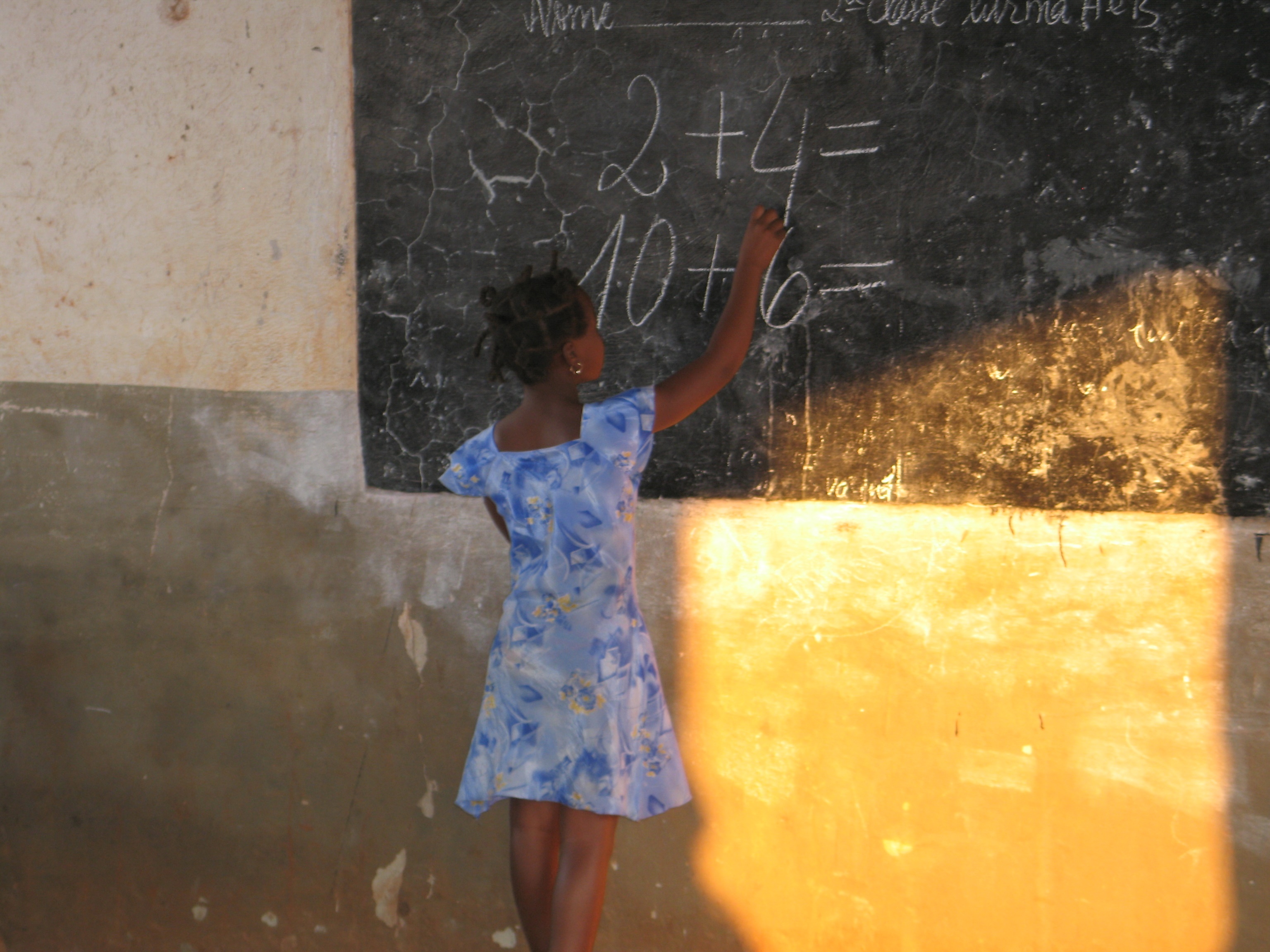Innovation during Covid-19: Smaller conferences to increase inclusion
Elimu Yetu Coalition (EYC) is Kenya’s national coalition of Civil Society Organizations committed to the realization of the Education For All (EFA) goals.
Elimu Yetu is Swahili and means “our education”.
Elimu Yetu is one of the many national education coalitions supported by Education Out Loud, and is receiving 300.000 USD over a 2-year period.
Elimu Yetu brings together around 120 CSOs involved in efforts around quality basic education for all in Kenya.
Elimu Yetu advocates to give all children in Kenya quality basic education.
Elimu Yetu aims to mobilize and harness the collective efforts of all education stakeholders and local communities in Kenya and provide leadership in the on-going efforts to make education for all a reality in Kenya.
Read more about Elimu Yetu and the regional conferences on their Facebook page.
“The Covid-19 restrictions immediately meant for us, that we would have to cancel the conference. But then we sat together and creatively talked: What if we had smaller regional meetings instead?”, Joseph Wasikhongo, National Coordinator of Elimu Yetu, explains.
Increased inclusion of marginalized voices
While developing the regional conferences, Elimu Yetu started realizing the advantages of the new format:
“This form ensured that people had time to thoroughly talk about their education issues. If you are in a room of 35 people talking about education issues connected to your specific area, chances are very high that you will have a chance to talk and engage,” Joseph Wasikhongo notes with great enthusiasm.
Elimu Yetu had previously experienced that the national conference quickly became dominated by a few people. By having meetings in the 7 regions of Kenya, they were able to reach the marginalized communities and regions. The new format engaged more youth, women and disabled representatives than they ever experienced in the national conference, Joseph Wasikhongo says.
Following the meeting, Elimu Yetu was approached by several groups and organizations who wanted to become members of the coalition. Joseph Wasikhongo highlights, that this would not have happened had they not gone with the regional format.
Engaging with education policy makers
As a result of the regional meetings, each region prepared a document with recommendations and asks by civil society to education policy makers including recommendations related to Covid-19. A few representatives from each region were chosen to participate in a national zoom meeting to present their regional inputs.
The regional conferences
Local community-based organizations and grassroot entities in the Elimu Yetu network made selections of representatives appropriate to their specific context to participate in the meetings.
Selections were made at county-level taking into consideration specific contexts in the 47 counties in Kenya.
The regional meetings were held in the 7 different regions in Kenya.
A select few representatives from each region were chosen to present the regional inputs in a national zoom meeting, where government officials at the national level also participated.
“The government officials participating in the national zoom meeting were very impressed of the diversity of inputs from the different regions. This process also fortified our relationship with the government. For example, we were specifically invited to discussions on the launch of a new curriculum not long after,” Joseph Wasikhongo notes.
The regional process also created new relations between civil society members and government officials at the regional and local levels with member organizations in the field reporting improvement in engagement with local governments after the meeting.
“There was a buzz about education around the country,” Joseph Waikhongo says.
How to finance the increased costs?
While developing the regional conferences, the main challenge was the cost. With travel activities for the coordinators and seven different venues, costs quickly doubled. But the coalition came up with a strategy: to partner up with organizations which had strong presence in particular regions.
“We approached them and said: We want to partner with you, we want to bring this national conference to the regional level. And it worked like magic. They provided additional resources, facilities, and assisted in identifying marginalized groups to be represented in the meetings,” Joseph Waikhongo says.
“Covid-19 opened our eyes in a new way. It gave us an opportunity to be innovative. And the product that came out of this was very rich. The most important thing was that we were able to have participation in virtually all regions of Kenya in an atmosphere where people were free to talk about their issues. That was the magic and opportunity of the regional conferences.”
Learning Torch
From one CSO to another: Sharing advice and learnings
Joseph Wasikhongo' best advice to others:
With engagement, an adaptable approach is key. Advocacy efforts should reflect a bell shape. The diversity of voices should be expanding as you move downwards to the grassroots. Work should be based on a strong foundation of voices at the community level, and those voices need to move up to a higher level
He would like to learn:
We would like to learn about other innovative measures coming out from other CSOs, as we truly believe in the process of learning. When learning about other innovative approaches, we can all become inspired and consider how we could apply the approaches to our own context
